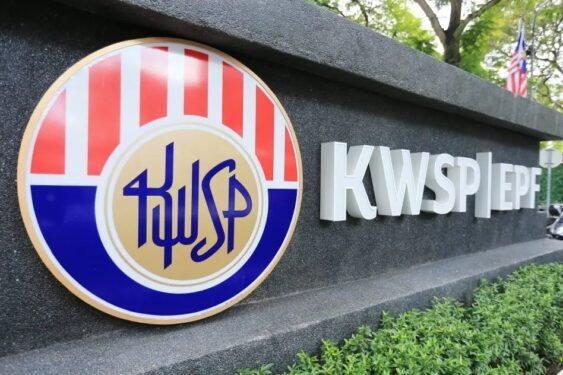By Leonard Yeoh and Caleb Sio
THE Federal Court held in a recent landmark decision that where there is late delivery of vacant possession by housing developers, Liquidated Agreed Damages (“LAD”) would be calculated from the date of the payment of the booking fee.
The Federal Court rejected the argument for a literal interpretation of the phrase “from the date of this Agreement” contained in the statutory sale and purchase agreements.
Instead, the Federal Court held that the Housing Development (Control and Licensing) Act 1966 (“HDA”) and the Housing Development (Control and Licensing) Regulations 1989 (“HDR”), are both social legislations.
The Federal Court took cognisance of the intent of the Parliament and held that the HDA and HDR were both enacted in order to protect the interest of homebuyers.
The Dawn of Booking Fee
The Federal Court held that despite the strict prohibition against the collection of booking fees pursuant to the HDR, the practice of collecting a booking fee continues to run rampant in the industry.
The Federal Court held that if it is the attempt of housing developers to secure an early bargaining through the collection of booking fees, then developers would have to be bound to the booking fees and the full extent of the LAD payable in respect of late delivery of vacant possession.
It is interesting to note that while this decision may, at first glance, be seen as a form of rebuke to the developers, the Federal Court may have instead obliquely recognised the act of collecting booking fees and gave it legal effect which goes to the root of the formation of a contract.
The Federal Court found that a booking fee is sufficient to show the existence of a contract. This raises some questions in relation to the basic principles of a contract, in that an illegal consideration is not a valid consideration.
As collection of a booking fee is illegal, the consideration of the “valid” contract i.e. the booking fee would be illegal. However, the Federal Court held that where one party commits an illegal act in securing the contract, this would not render the contracts illegal per se.
The illegality was construed against the developers alone and this would not render the contract void.
Can homebuyers have their cake and eat it?
The most basic rule of statutory interpretation is that a statute should firstly be interpreted in accordance to its plain and ordinary meaning.
Only when there is ambiguity, the Courts can have recourse to interpret in accordance with the broad purpose of the legislation. In this decision, the Federal Court did not find that there was any ambiguity in the words “from the date of this Agreement”.
However, the Federal Court held that the literal rule is immediately displaced when interpreting social legislations i.e. the HDA and HDR. The Federal Court held that the underlying purpose is to protect homebuyers and held that developers should reap what they sow.
Since the very act of collecting booking fee is illegal, developers should be bound by their action and deal with the consequences by deciding that the LAD should be calculated from the date of the collection of the booking fee.
Would this conversely affect homebuyers’ interests instead?
Notwithstanding that the notion of collecting booking fee is now given a legal effect, should the phrase “from the date of this Agreement” be construed as the date of the payment of the booking fee and a binding contract for the sale and purchase of the property would immediately exist.
A purchaser would therefore be bound accordingly by a contract to complete the purchase of the property. In the event the purchaser changes his mind, the purchaser would be in breach of a binding contract. You can’t have your cake and eat it!
In such a situation, the purchaser may potentially be liable to the housing developer for breach of contract, instead of merely forfeiting the booking fee paid. This outcome seems inconsistent with the underlying purpose of the HDA and HDR.
Is this fair to developers?
Homebuyers have certainly benefited by placing early booking fees to secure their preferred units as early birds.
The practical impact of this decision on the housing development industry remains to be seen, but it is certain that developers will have to immediately consider making changes to their standard practice to ensure that it is consistent with this decision.
Leonard Yeoh is a partner and Caleb Sio, an associate with the law firm, Tay & Partners.
The views expressed are solely of the author and do not necessarily reflect those of Focus Malaysia.










